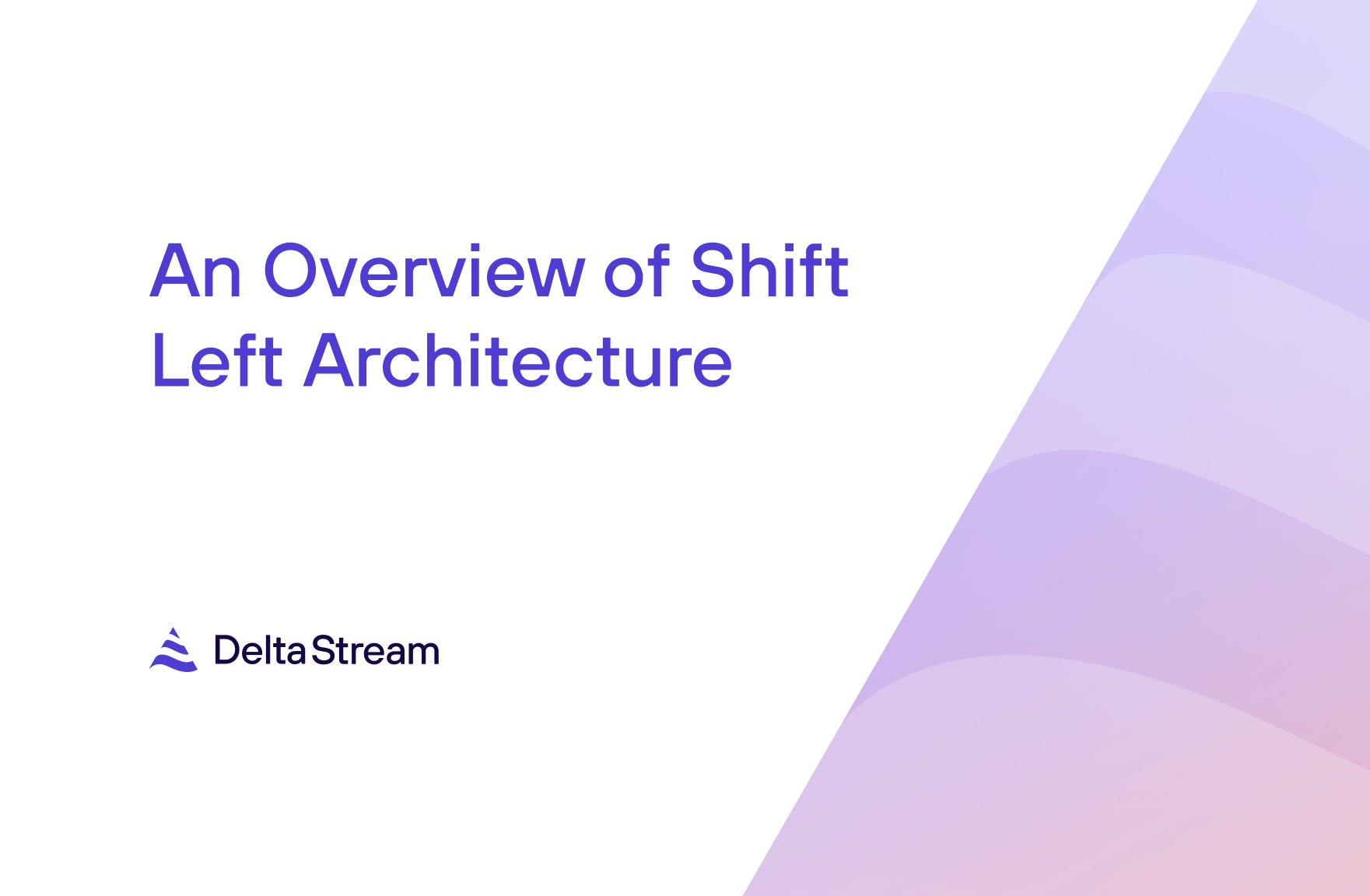23 May 2024
Min Read
Workload Isolation: Everything You Need to Know
In cloud computing, workload isolation is critical for providing efficiency and security when running business workloads. Workload isolation is the practice of separating computing tasks into their own resources and/or infrastructure. By providing physical and logical separations, one compromised workload or resource cannot impact the others. This offers security and performance benefits and may be necessary to comply with regulatory requirements for certain applications.
Benefits of Workload Isolation
- Security By isolating workloads, organizations can reduce the ‘blast radius’ of security breaches. For instance, if an attacker were able to compromise the workload in one environment, workload isolation would protect the other workloads because they are being run in different environments. This helps to minimize, contain, and resolve potential security issues.
- Performance Isolated workloads can operate without interference from other tasks, ensuring that resources are dedicated and performance is optimized for each specific task. By isolating workloads, task performance becomes more predictable as tasks don’t need to compete for shared resources, making it easier to provide service level agreements (SLAs). Without workload isolation, a sudden spike in resource utilization for one task could negatively impact the performance of other tasks running on the same resources.
- Compliance Workload isolation simplifies compliance with various regulations by clearly defining boundaries between different data sets and processing activities.
Achieving workload isolation
Workload isolation can take many different forms and can be achieved with different approaches. When thinking about workload isolation, it is best to consider the multiple ways your workloads can be isolated, and to take a combined approach.
- Resource Governance Resource Governance is the ability to specify boundaries and limits for computing task resources. Popular container orchestration systems, such as Kubernetes, allow users to set resource limits on their services and workloads. Containerizing and limiting the resources for specific tasks removes the “noisy neighbor” problem, where one task can starve other tasks by consuming all of the resources.
- Governance and Access Control Providing access controls on data sets and compute environments ensures that only necessary individuals and services can access specific workloads. Most data systems have some form of access control that can be defined, whether that is in the form of an access control list (ACL), role-based access control (RBAC), or attribute-based access control (ABAC). Defining access control for users is essential to protect against unauthorized access.
- Network Level Isolation Network isolation aims to create distinct boundaries within a network, creating subnetworks with limited access between them. This practice improves security by limiting access to particular environments and helps ensure that an attacker cannot affect workloads on different subnetworks.
Workload isolation for Streaming Resources with DeltaStream
DeltaStream is a stream processing platform that is fully managed and serverless, allowing users to easily govern and process their streaming data from sources such as Apache Kafka or AWS Kinesis. As a security-minded stream processing solution, DeltaStream’s workload isolation plays a significant role in ensuring that computational queries are secure and performant. Below are some ways DeltaStream provides workload isolation:
- Each Query Runs in its Own Environment Powered by Apache Flink, each DeltaStream query runs in its own Flink cluster with its own dedicated resources and network. This ensures that users’ data is the only data being processed in a particular environment, minimizing the risk of sensitive data leakage. It also boosts performance, as each query can be scaled and tuned independently.
- Multiple Deployment Options DeltaStream offers various deployment options, including dedicated deployment and private SaaS deployment (also known as bring your own cloud or BYOC), catering to security-sensitive users. With the dedicated deployment option, a DeltaStream data plane runs in a cloud account dedicated to a single organization. In the private SaaS deployment option, a DeltaStream data plane operates within an organization’s cloud account. These options provide users with an additional level of assurance that their data is confined to a non-shared network — in the case of private SaaS, the data never leaves the user’s own network.
- Role-based Access Control (RBAC) Access to queries and data objects within the DeltaStream Catalog is managed through DeltaStream’s RBAC. This gives users an easy-to-use and scalable system for properly governing and restricting access to their streaming data and workloads.
Workload isolation is essential for maintaining security and compliance in cloud products, with the added benefit of protecting workload performance. At DeltaStream, we have designed a stream processing platform that fully embraces workload isolation. If you’re interested in giving it a try, sign up for a free trial or contact us for a demo.



